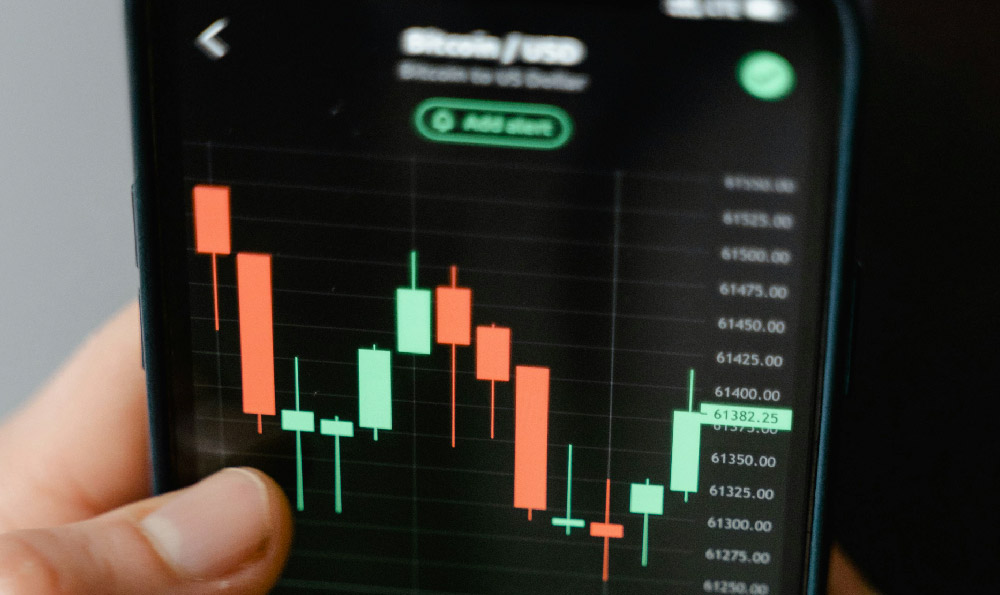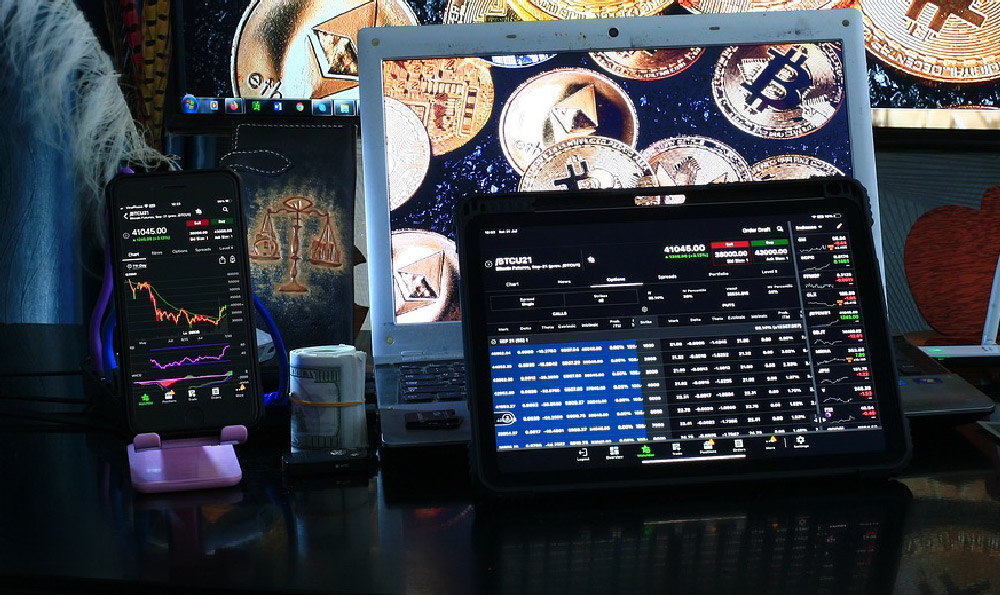Can Robinhood Make You Money? Is Robinhood Worth It?
Robinhood, with its sleek interface and commission-free trading, has democratized access to the stock market and, more recently, the cryptocurrency market for millions. Its appeal, particularly to younger and less experienced investors, is undeniable. But the question remains: Can Robinhood truly make you money, and is it ultimately worth using as your primary investment platform, especially when considering the volatile world of cryptocurrencies? The answer, as with most things in finance, is nuanced and depends heavily on individual circumstances, investment goals, and risk tolerance.
Let's start by dissecting the platform's strengths. The most obvious advantage is the commission-free trading. This eliminates a significant barrier to entry, especially for those starting with small amounts of capital. Traditional brokerages often charge fees per trade, which can eat into profits, particularly when executing frequent, smaller transactions. Robinhood allows users to buy and sell stocks, ETFs, options, and cryptocurrencies without these fees, making it an attractive option for active traders and those looking to dollar-cost average into various assets. This feature can be particularly beneficial in the cryptocurrency market, where volatility often leads to more frequent trading activity.
Furthermore, Robinhood's user-friendly interface is a major draw. The platform is designed to be intuitive and easy to navigate, even for those with limited experience in the financial markets. This simplicity can be a double-edged sword, however. While it encourages participation, it can also lull users into a false sense of security, leading them to underestimate the complexities and risks involved in investing, especially in the highly speculative cryptocurrency market. The gamified elements of the platform, such as the confetti animation upon making a trade, while intended to be engaging, can inadvertently encourage impulsive behavior and short-term speculation rather than long-term, strategic investing.

Now, let's address the potential pitfalls and drawbacks, particularly in the context of cryptocurrency investments. One of the most significant criticisms leveled against Robinhood is its history of outages and trading restrictions, especially during periods of high market volatility. These disruptions have prevented users from buying or selling assets at crucial times, potentially leading to significant losses. While Robinhood has taken steps to address these issues, the risk of future outages remains a concern, particularly during periods of extreme market stress in the cryptocurrency market. Such outages can be disastrous, especially when dealing with the 24/7 nature and inherent volatility of crypto assets. Imagine being unable to sell a rapidly declining cryptocurrency during a flash crash due to platform unavailability – the consequences could be severe.
Another crucial consideration is the limited cryptocurrency selection on Robinhood compared to dedicated cryptocurrency exchanges. While Robinhood offers some of the most popular cryptocurrencies like Bitcoin and Ethereum, it lacks access to the broader range of altcoins and emerging crypto projects available on platforms like Coinbase, Binance, or Kraken. This limitation can hinder investors seeking to diversify their cryptocurrency portfolio or participate in emerging trends within the crypto space. Moreover, Robinhood does not provide access to advanced trading tools or features commonly found on more sophisticated cryptocurrency exchanges. This includes features like margin trading (which is inherently risky, especially in crypto), advanced order types, and comprehensive charting tools. While simplicity is an advantage for beginners, it can become a constraint for experienced traders seeking more control and flexibility.
Security is paramount when dealing with digital assets, and Robinhood's security measures have been subject to scrutiny. While the platform employs standard security protocols, it has experienced security breaches in the past, raising concerns about the vulnerability of user accounts and data. Furthermore, Robinhood's cryptocurrency holdings are not insured, unlike traditional brokerage accounts which are typically insured by the SIPC. This lack of insurance adds an extra layer of risk for cryptocurrency investors using the platform. Should Robinhood experience a security breach or financial difficulties, there is no guarantee that users would be able to recover their cryptocurrency assets.
Beyond platform-specific considerations, the question of whether Robinhood can make you money is inherently tied to your investment strategy, knowledge, and risk tolerance. Robinhood, like any brokerage platform, is simply a tool. It provides access to the markets, but it does not guarantee profits. Success in investing, whether in stocks, ETFs, or cryptocurrencies, requires a well-defined investment plan, a thorough understanding of the assets you are investing in, and the discipline to stick to your plan, even during periods of market volatility. Jumping into cryptocurrencies based solely on hype or speculation, without understanding the underlying technology, the project's fundamentals, or the risks involved, is a recipe for disaster, regardless of the platform you use.
Ultimately, whether Robinhood is "worth it" depends on your individual needs and priorities. For beginners seeking a simple, commission-free way to start investing in a limited selection of cryptocurrencies and stocks, Robinhood can be a viable option. However, for experienced traders, those seeking a wider range of cryptocurrency options and advanced trading tools, or those prioritizing enhanced security and insurance, other platforms may be more suitable. It's crucial to weigh the pros and cons carefully, understand the risks involved, and conduct thorough research before making any investment decisions. Consider using Robinhood as an entry point while simultaneously educating yourself about more robust platforms. Remember, informed decision-making and a solid investment strategy are far more crucial to financial success than simply choosing the "right" platform. Diversification, risk management, and continuous learning should be the cornerstones of any successful investment strategy, especially when navigating the turbulent waters of the cryptocurrency market. Before investing in any cryptocurrency, always consider your own financial situation and consult with a qualified financial advisor.















